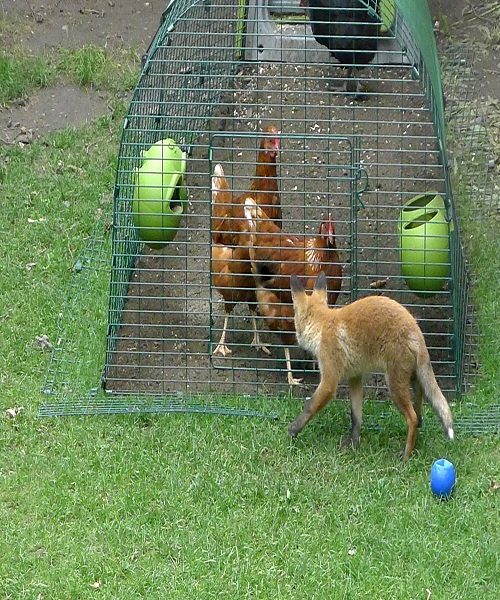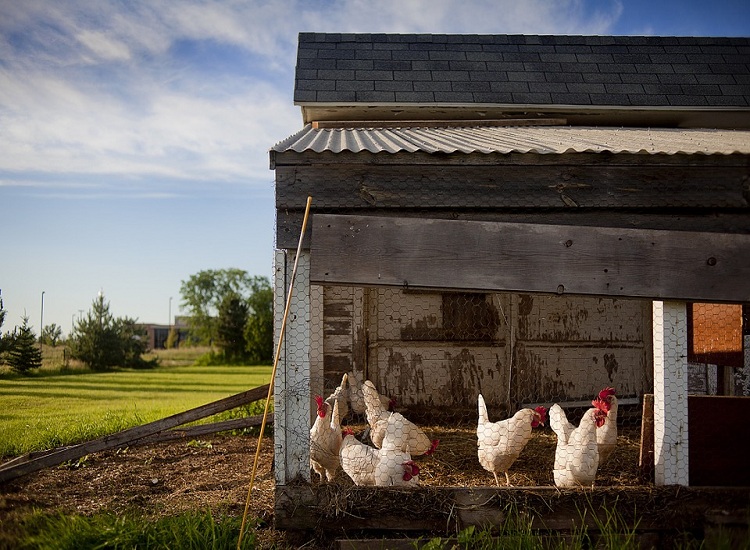If you give your flock a place that is warm, secure from predators, sanitary, and has plenty of fresh air, they will be very content.
The following list contains the top ten mistakes that can be made during the construction and upkeep of a chicken coop. If you are successful in avoiding these, your chickens will be safe, healthy, and content.
The absence of a dust bathing area
Dust baths are essential to the health of chickens. Chickens can get rid of pests like lice and mites by taking a dip in a dust bath. Additionally, they aid in the removal of dry skin and worn-out feathers to make way for the growth of new, healthy feathers.
At any time of the year, a good dust bath is essential. Your free-range flock may enjoy dust baths in the yard or garden.
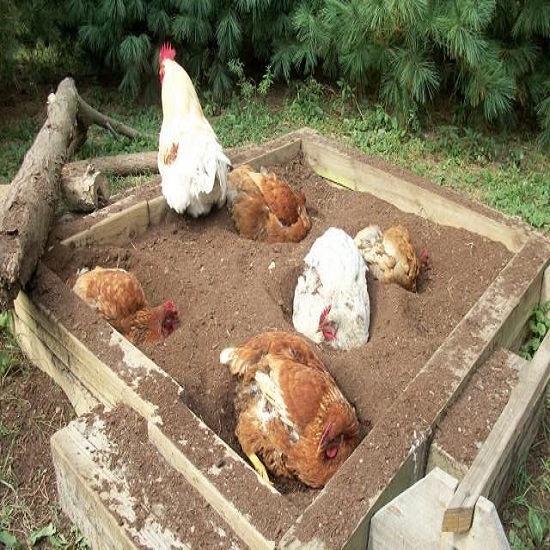
Improper bedding
While chickens may not be picky about where they defecate, you should. For the safety of your chickens, you should avoid using certain bedding materials in their coop.
Avoid these types:
- Cedar shavings
- Paper
- Mulch OR Wood chips
- Cat litter, sand, or other small particles
Instead use these excellent options for chicken coop bedding/litter:
- Straw
- Pine needles
- Hemp Sheets
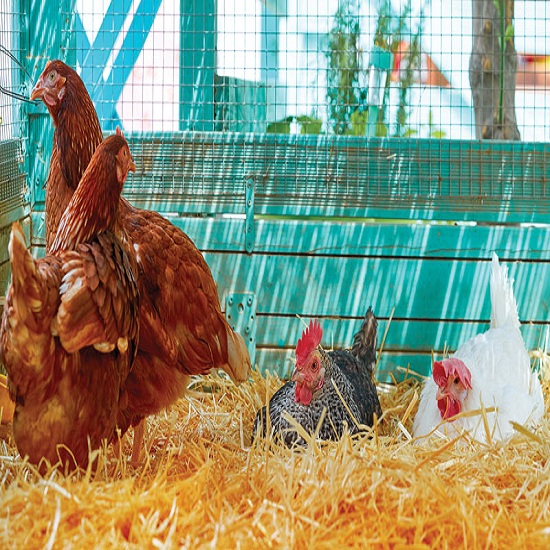
Not providing nesting boxes
If you don’t give your chickens a safe place to lay their eggs, they may start laying eggs elsewhere, pooping on them, or even eating them. Even worse, they might have a fight over who gets the best nesting spot.
In order to prevent your hens from fighting over a little amount of available nesting space, it is recommended that you give one nesting box for every four birds. Chickens like quiet, secluded areas where they can’t be seen when they deposit their eggs. Therefore, place the containers in the coop’s darkest area or install curtains to block out light. If possible, avoid placing the laying hens’ nesting boxes near any sources of potential distraction, such as a window, door, or roosts.
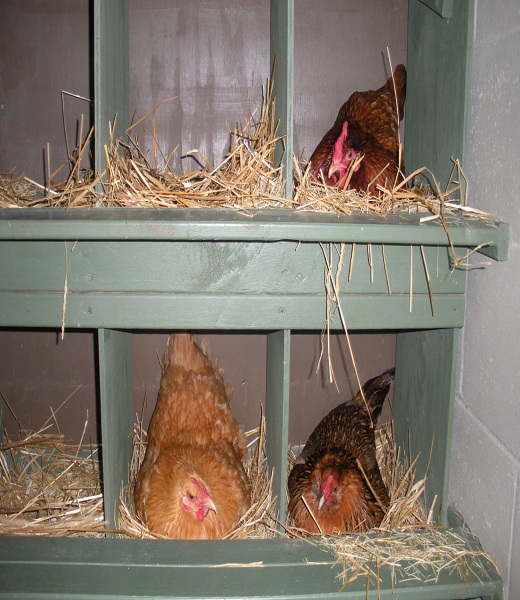
Not giving hens outside space
Free access to the outdoors is essential to the health and happiness of your chickens. During the day, most flocks prefer to stay outside, even if the coop is a great place for them to sleep and lay eggs at night. The easiest method to allow your hens access to the outdoors while keeping them secure from predators is to build a chicken run. Be sure to secure the sides, top, and bottom of the run to keep out potential intruders.
Even if you don’t have a dedicated chicken area, you should still give your hens some time each day to roam free. This provides them with the opportunity to work up a sweat, search for food, breathe in some fresh air, and relax in the sun or the dust.
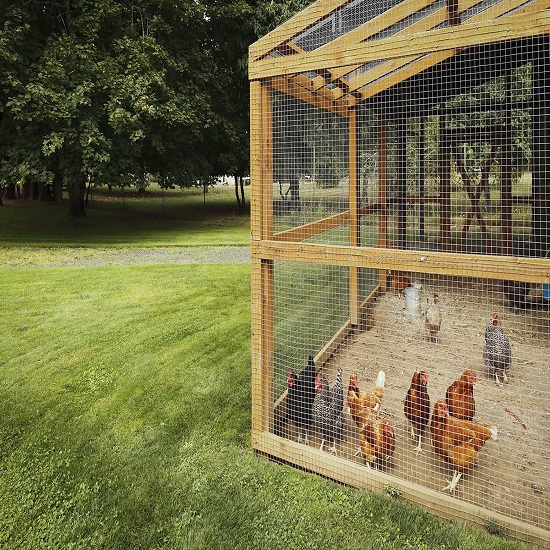
Lack of ventilation
If you want to ensure the health of your chicken flock, the coop must have adequate ventilation. A chicken coop can quickly become polluted with the bird’s feces and dust. The ammonia and dust in the air can hurt the chickens’ respiratory systems and make life in the coop unpleasant for everyone.
Your coop’s air should be constantly being circulated in order to maintain a healthy environment for your chickens. Ventilation installed high on the walls, close to the roof, will ensure a regular exchange of stale air for new, clean air. To prevent pests and predators from entering, you can simply cut a hole in the wall, or remove a section of the wall, and cover it with hardware cloth.
Avoid putting ventilation holes on the same level as the floor, roost, or nesting boxes. Your chickens may get chilly in the winter due to the frequent draft.
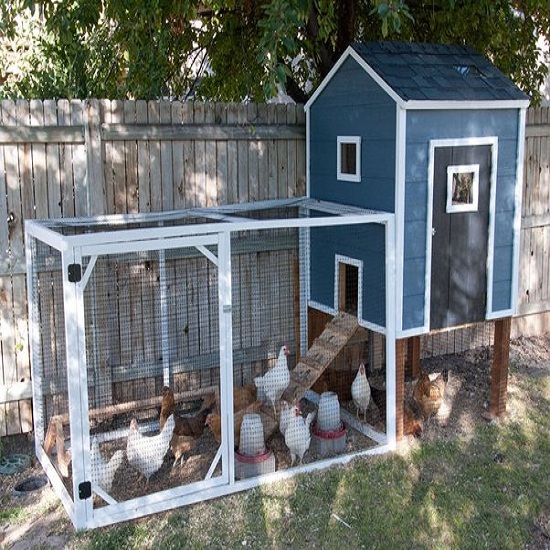
Neglecting to clean as often as necessary
When the coop is clean, the chickens are pleased. If you want your chickens to have long and healthy lives, you should clean their coop once a week and replace the bedding at least once a week.
It is common practice for chicken keepers to position droppings boards just beneath the roost in order to collect the majority of the birds’ excrement during the night. Cleaning the board every day will greatly cut down on the trash produced by the coop.
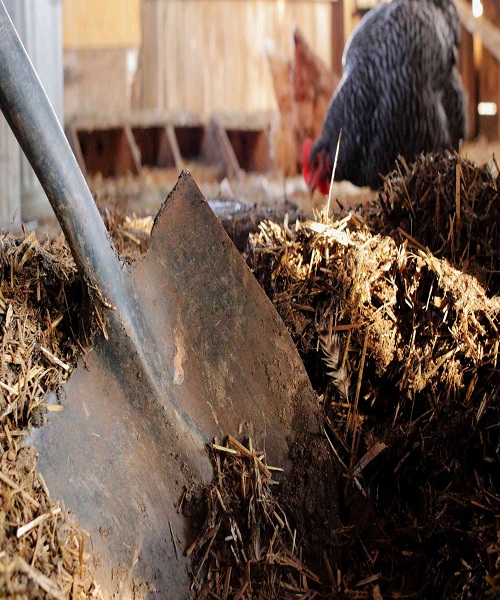
The dangers of overcrowding your hen house
Begin with a larger coop than you’ll actually need to save the hassle of having to construct a whole new coop every time you wish to grow. Your hens will appreciate the extra room, and you’ll be prepared for the possibility of expanding your flock in the future.
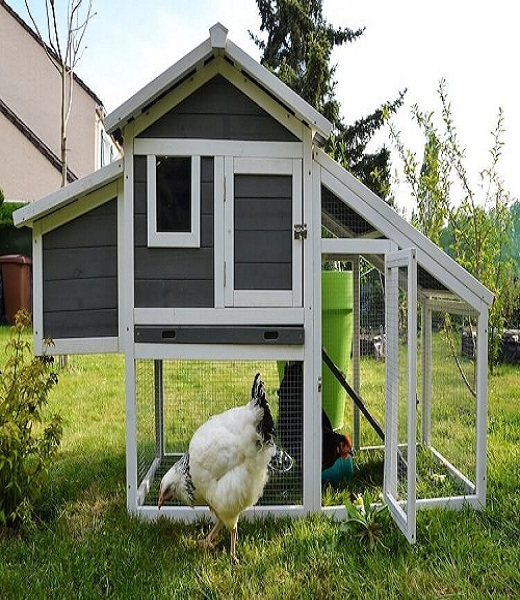
Neglecting to close the chicken coop door at night
Most predators are bold and cunning enough to go right into an open coop at dusk, when they know your guard is down.
Investing in a chicken coop with an automatic door that shuts at nightfall is a good idea if you have difficulties remembering to lock it every night. If you’re ever out and about after dark or forget to tuck the chickens in, a door like this might be an excellent backup plan.
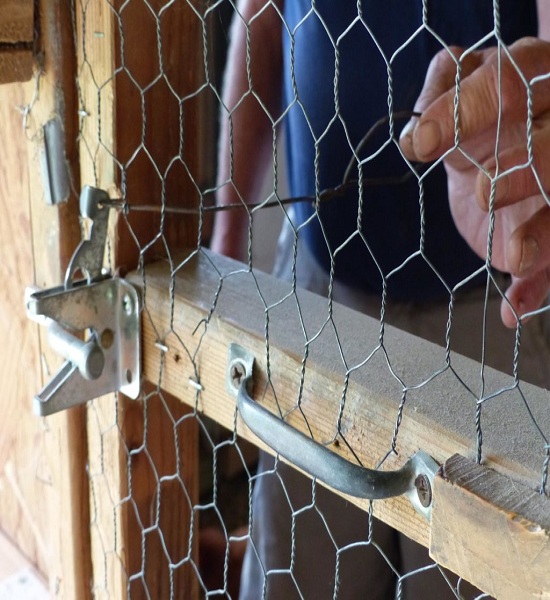
Failure to protect the chicken feed from pests
Pests are the second biggest issue for people who keep chickens. If you have pest problems, it’s probably because you’re giving pests an easy source of food. Animals like mice, rats, and chipmunks will make your coop their home if they can smell food inside.
You should store your feed in a galvanized steel trash can with a secure lid to protect it from rodents and other pests.
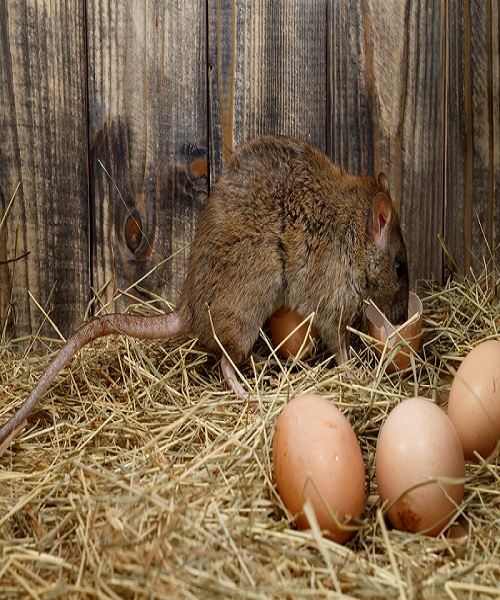
Not making adequate preparations to protect the chickens from predators
Every chicken keeper’s worst nightmare is predators. They wait patiently in the shadows for their chance to pounce. Don’t give them the opportunity.
Most chicken keepers make the fatal error of not adequately protecting their birds from predators. Predators are cunning creatures that will stop at nothing to get into your flock.
